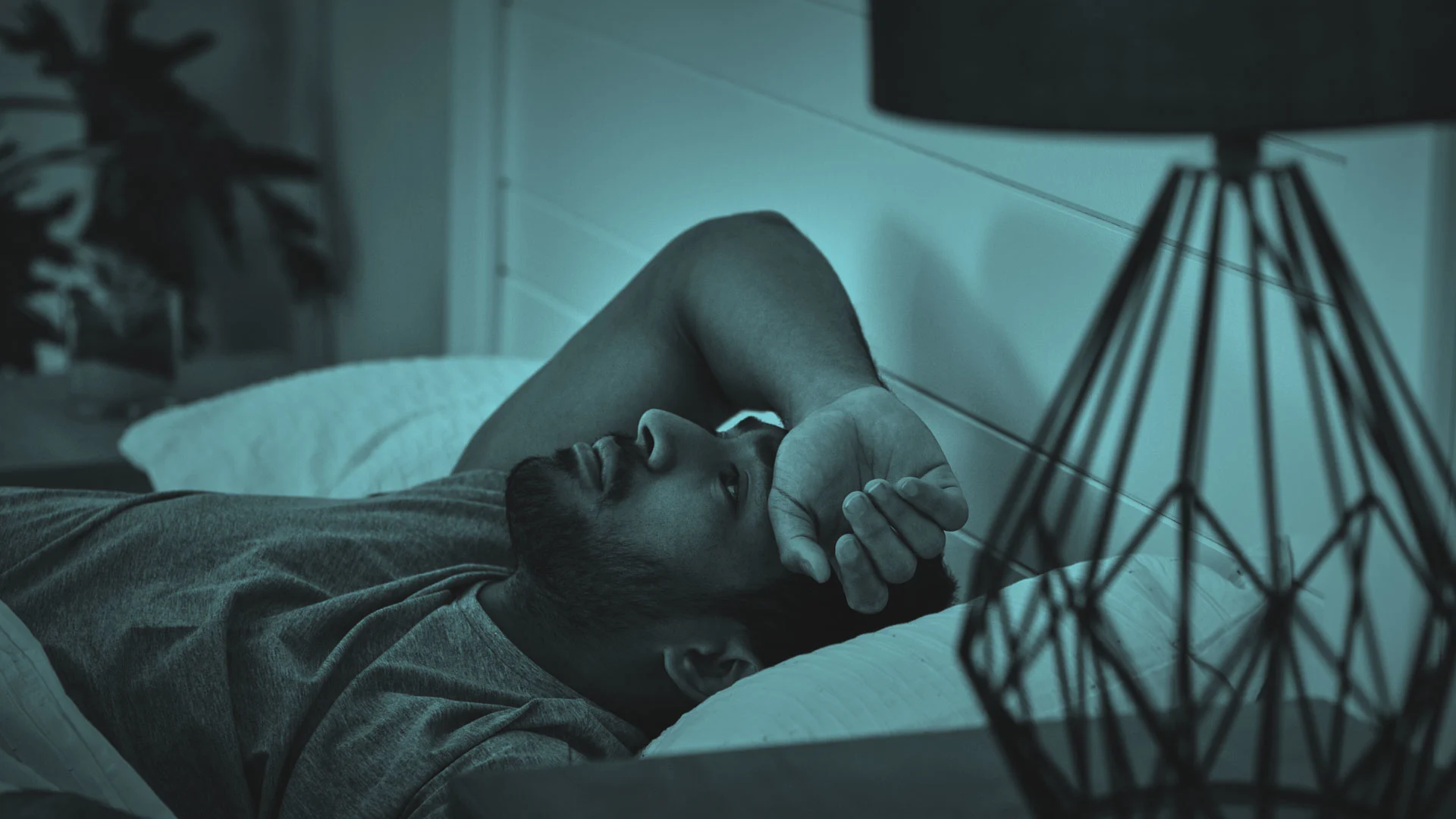Exercising within four hours of sleep. Let’s get right to the research. Researchers from Monash University in Australia said they followed 14,689 people for an entire year, and had them use Whoop wearable fitness devices to track when and how much they exercised and slept. Intense exercise in the evening can keep the body in a heightened state of alertness, which is why public health guidelines have previously advised against working out too close to bedtime,” said lead author Josh Leota, of the university’s school of psychological sciences. “However, findings from controlled laboratory studies are less conclusive, with many suggesting that evening exercise doesn’t necessarily disrupt sleep—four million nights’ worth of data. The big difference in this study, Leota and his colleagues say, is the sheer scale of the data they accumulated; more than four million nights’ worth of data, much larger than any previous effort. It also gave them an interesting audit of the sheer number of different kinds of exercise they found people engaging in within a few hours before bed: everything from “HIIT workouts (high-intensity interval training), football and rugby games,” to going out for “a long run.” Exercising within four hours of sleep was associated with “delayed sleep onset, shorter sleep duration, lower sleep quality, higher nocturnal resting heart rate, and lower nocturnal heart rate variability.” Higher exercise strain was associated with greater sleep disruption. (In other words, the harder the exercise, the bigger the associated effect.)
Thank you for reading this post, don't forget to subscribe!Want Better Sleep A Massive New Study Of Fourteen Thousand Six Hundred Eighty Nine People Says Avoid This Surprising Thing



